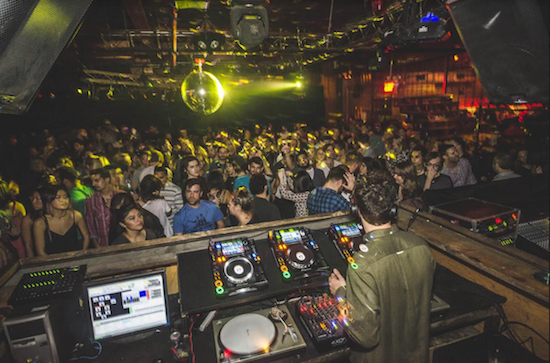New York City Council overwhelmingly passes Espinal’s Office of Nightlife bill

As expected, the New York City Council approved Councilmember Rafael Espinal’s bill to implement an Office of Nightlife, nightlife director and Nightlife Advisory Board on Thursday.
“NYC’s nightlife culture is an integral part of its identity, yet bureaucratic red tape, rising rents and lack of community planning has made it increasingly difficult for venues that contribute to our iconic nightlife to stay in business,” said Espinal.
“This bill will create a space where all stakeholders can come together to solve conflicts and build bridges.”

Brooklyn Boro
View MoreNew York City’s most populous borough, Brooklyn, is home to nearly 2.6 million residents. If Brooklyn were an independent city it would be the fourth largest city in the United States. While Brooklyn has become the epitome of ‘cool and hip’ in recent years, for those that were born here, raised families here and improved communities over the years, Brooklyn has never been ‘uncool’.